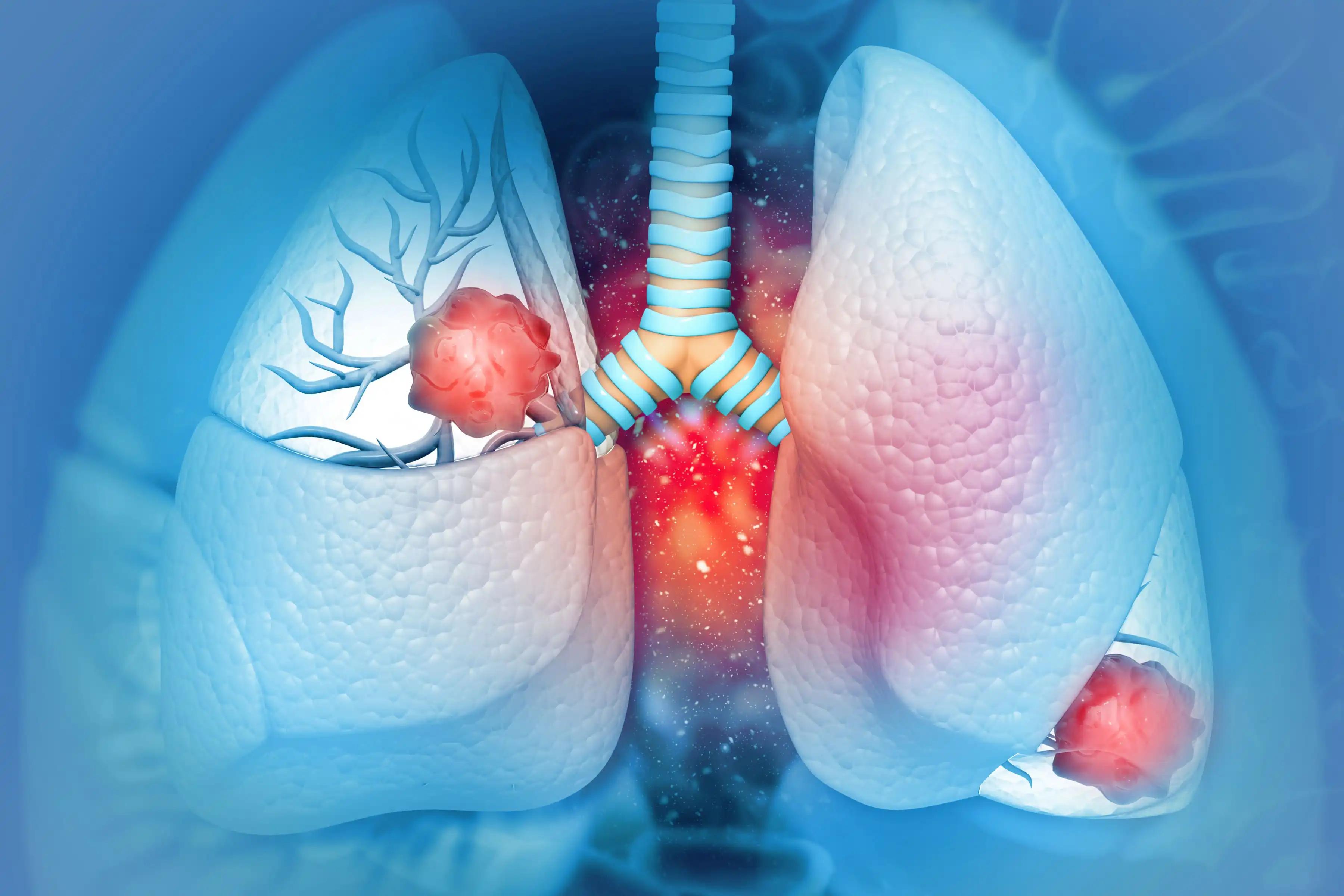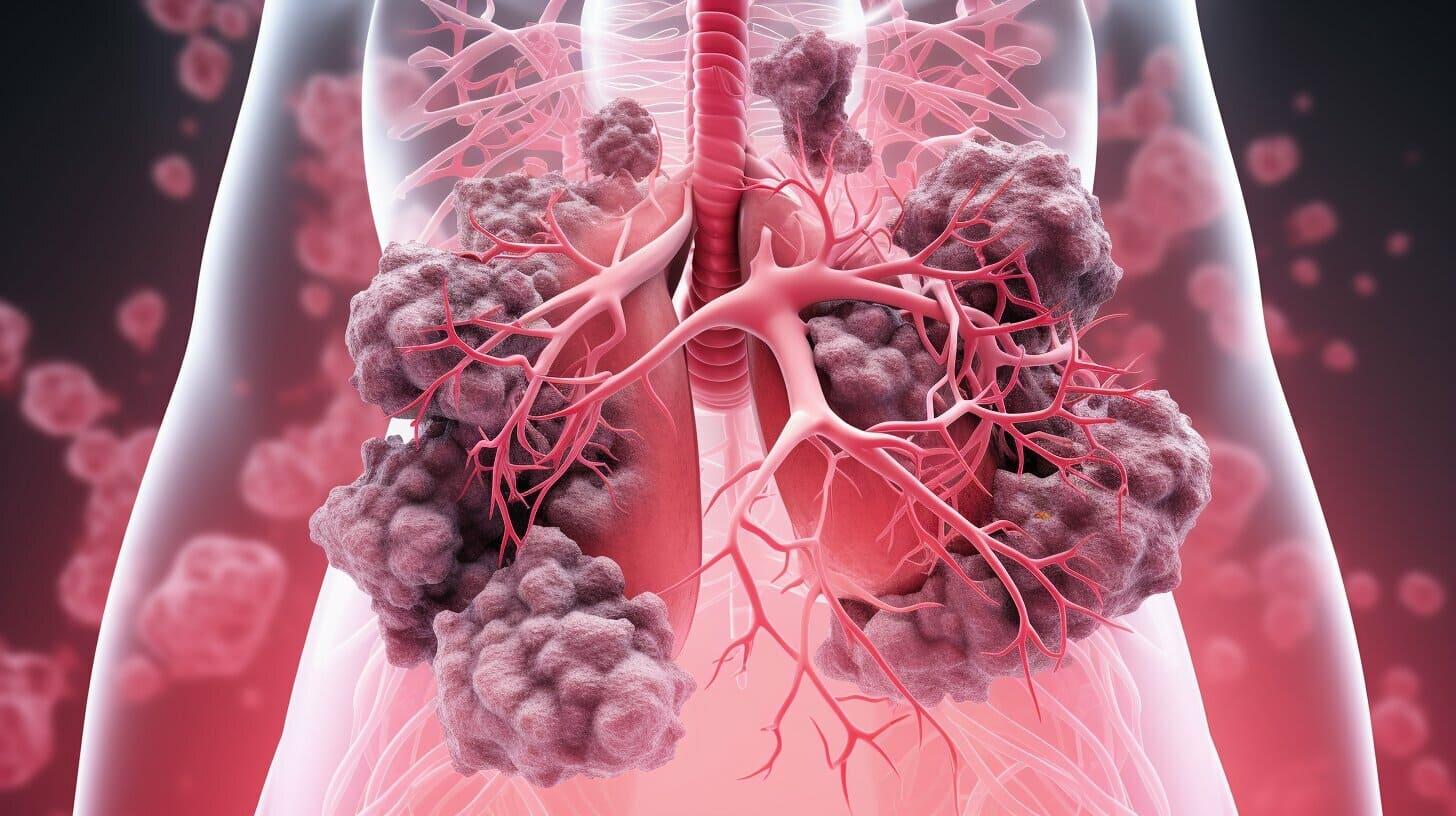KEY TAKEAWAYS
- The phase 3 AHOD1331 trial aimed to assess the event-free survival rate in pediatric and adolescent patients with advanced-stage Hodgkin’s lymphoma who had not received prior treatment.
- Patients were randomly assigned to receive either the standard pediatric chemotherapy regimen or a combination of brentuximab vedotin and chemotherapy, followed by involved-site radiation therapy.
- The brentuximab vedotin group showed a significantly higher 3-year event-free survival rate of 92.1% compared to the standard care group’s rate of 82.5%, with no escalation in the frequency of adverse effects over 3 years.
- Lesions exhibiting delayed response were detected on positron-emission tomography-computed tomography following two cycles, and involved-site radiation therapy was administered after the fifth cycle.
- Incorporating brentuximab vedotin into conventional chemotherapy demonstrated enhanced efficacy and reduced the risk of an event or mortality by 59%.
In adult patients diagnosed with advanced-stage Hodgkin’s lymphoma, using the CD30-directed antibody-drug conjugate brentuximab vedotin combined with multiagent chemotherapy has demonstrated superior efficacy to chemotherapy monotherapy. However, it is essential to note that this treatment approach may also increase the incidence of adverse effects. The effectiveness of this specific therapeutic approach in pediatric and adolescent patients diagnosed with Hodgkin’s lymphoma remains uncertain. An open-label, multicenter, randomized, phase 3 clinical trial was performed on patients aged 2 to 21 without prior treatment for Hodgkin’s lymphoma of stage IIB with bulk tumor or location IIIB, IVA, or IVB. The study randomly allocated patients to the standard pediatric regimen of doxorubicin, bleomycin, vincristine, etoposide, prednisone, cyclophosphamide, or five 21-day cycles of brentuximab vedotin with doxorubicin, vincristine, etoposide, prednisone, and cyclophosphamide, referred to as the brentuximab vedotin group. Lesions exhibiting delayed response, characterized by a score of 4 or 5 (on a 5-point scale, where scores of 1 to 3 indicate prompt response), were detected on positron-emission tomography-computed tomography following two cycles, as evaluated centrally. After the fifth cycle of therapy, involved-site radiation therapy was administered to address slow-responding lesions and extensive mediastinal adenopathy at diagnosis.
The study’s main objective was to assess the event-free survival rate, which was defined as the duration until the occurrence of disease progression, relapse, development of a second malignant neoplasm, or mortality of the patient. In addition, the evaluation of safety and overall survival was conducted. Out of a total of 600 patients who were registered across 153 medical facilities, 587 were deemed eligible for the study. At a median follow-up of 42.1 months (range, 0.1 to 80.9), the brentuximab vedotin group exhibited a 3-year event-free survival rate of 92.1% (95% confidence interval [CI], 88.4 to 94.7), which was significantly higher than the standard-care group’s rate of 82.5% (95% CI, 77.4 to 86.5) (hazard ratio for event or death, 0.41; 95% CI, 0.25 to 0.67; P<0.001). No significant difference was observed in the proportion of patients who underwent involved-site radiation therapy between the brentuximab vedotin group and the standard care group (53.4% and 56.8%, respectively).
The observed toxic effects exhibited comparable characteristics in both cohorts. The 3-year overall survival rate was 99.3% (95% CI, 97.3 to 99.8) in the group treated with brentuximab vedotin, while the group receiving standard care had a 3-year overall survival rate of 98.5% (95% CI, 96.0 to 99.4). Incorporating brentuximab vedotin into conventional chemotherapy demonstrated enhanced efficacy, exhibiting a 59% reduction in the risk of an event or mortality and no escalation in the frequency of adverse effects over 3 years.
Source:https://pubmed.ncbi.nlm.nih.gov/36322844/
Clinical Trial: https://clinicaltrials.gov/ct2/show/NCT02166463
Castellino SM, Pei Q, Parsons SK, Hodgson D, McCarten K, Horton T, Cho S, Wu Y, Punnett A, Dave H, Henderson TO, Hoppe BS, Charpentier AM, Keller FG, Kelly KM. Brentuximab Vedotin with Chemotherapy in Pediatric High-Risk Hodgkin’s Lymphoma. N Engl J Med. 2022 Nov 3;387(18):1649-1660. doi: 10.1056/NEJMoa2206660. PMID: 36322844; PMCID: PMC9945772.









